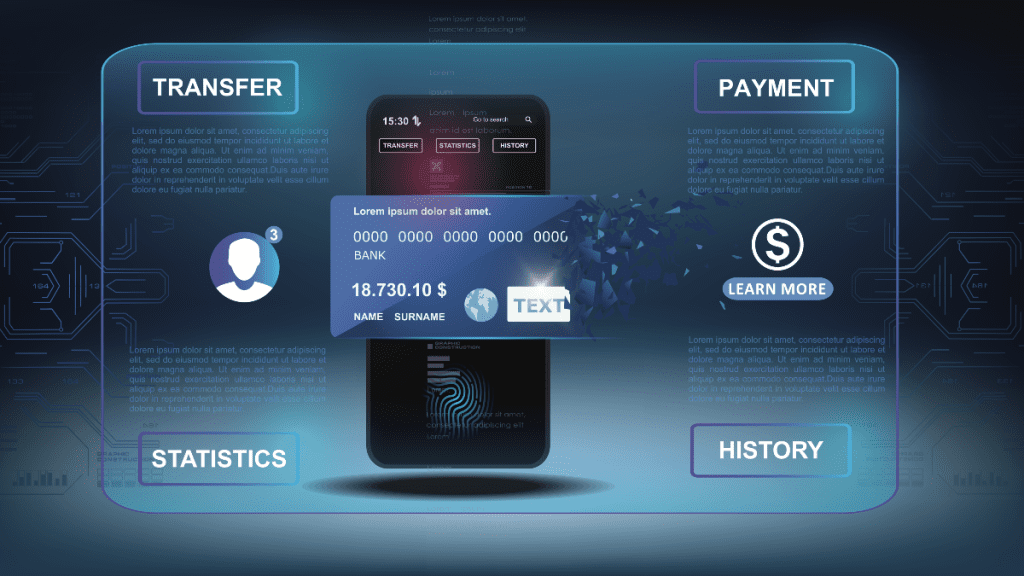
Gaining the favor of clientele who are growing more informed and selective; this is the name of the game.
Technology is playing an increasingly pivotal role in reshaping banking customers’ behavior. They now are enjoying more control over their finances, and greater flexibility. This is thanks to an expanded range of personalized tech solutions now available, which customers can conveniently access online. And with banking hours no longer relevant, they can access these services wherever they are, whenever they need. This has engendered a sense of greater empowerment amongst clientele, compelling banks to rethink their engagement at every step of the customer journey.
The disruption to legacy banking has been no less than seismic. Traditional banks, fintechs, bigtechs (a relatively new term for large technology companies) and big platform companies are all now jostling for a piece of the banking pie. Of these, bigtechs are better positioned to deliver more personalized, convenient, and efficient financial solutions. Banks just cannot compete with their big data and advanced data analytics. It’s these that have allowed the bigtechs to be more customer-centric and therefore able to meet the demands of a new digital generation.
Furthermore, the market is currently experiencing a surge of innovative financial service providers who prioritize agility, adaptability and cutting-edge technology. This is evident with innovations such as blockchain, artificial intelligence and machine learning. These advances have disrupted the industry and are driving transformation within the banking sector.
There is a further dimension to the impact of digital innovation in banking. Previously undeveloped communities are transforming into educated, productive societies because technology is allowing us to reach the formerly ‘Underserved’, on a scale which gives financial inclusion realsubstance.
Moreover, as technology advances, regulations change, and customer preferences evolve, we are witnessing a growing trend. A trend towards modularity or disaggregation within the financial services industry. This means that various aspects of the value chain, such as product manufacturing, proposition packaging, sales and distribution, and balance sheet management, are becoming decoupled. This decoupling allows multiple new players to enter the market at different stages of the value chain. And they offer innovative propositions and enabling quick and cost-effective market entry. Consequently, nonlinear digital disruptors now provide specific value, rather than the traditional model where banks own and control the entire chain.
In the time where banks are still facing the daunting challenges of adapting and redefining their role within the financial ecosystem. Innovative, non-linear players focused on understanding and addressing customer needs directly, have decoupled themselves from the conventional value chain and embedded their services seamlessly at the right moment into the right stage within the customer journey. This integration is facilitated through the concept of Banking as a service BAAS, which enables the reconfiguration of the banking value chain and facilitates distribution of financial services by a non-financial institution.
In today’s digital era, “banking is necessary.”
Undeniable.
However, the question of whether banks are necessary or not hinges on their capacity to adopt this emerging model. A model that entails integrating fintechs and other financial services vendors into the banking journey. Non-financial companies, meanwhile, are embedding financial products and services into their own customer’s journey. This collaboration of different players and industries is reshaping the landscape and determining the future relevance of banks in the evolving financial ecosystem.
Teaser: Next, more about BAAS proposition and how it is revolutionizing the sector, what is the difference between BAAS and embedded finance that is rising as a game changer.
Inside Telecom provides you with an extensive list of content covering all aspects of the tech industry. Keep an eye on our Fintech sections to stay informed and up-to-date with our daily articles.